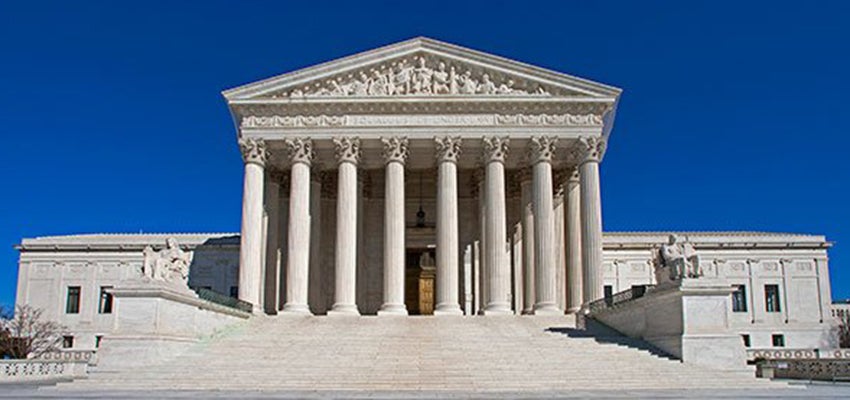Educated guess: Supreme Court could weaken press freedoms
Published 11:18 pm Monday, January 2, 2017
Editor’s note: For decades, University of Alabama professors have made predictions about what the New Year will hold. Among their topics this year are changes that will come with the new administration beginning in January, to fashion.
Whomever President-elect Donald Trump selects as his nominee for the Supreme Court, the person could possibly help him weaken freedom of the press protections by strengthening libel and slander prosecutions, predicts Dr. Allen Linken, assistant professor of political science at The University of Alabama.
Not only that, but Dr. Linken also expects Trump could seek to weaken freedom of assembly by restricting dissent by groups and freedom of expression by criminalizing flag-burning.
Linken said there are many different aspects at play. “I think that (Trump) will not be expressly against First Amendment rights and freedoms, but a confluence of events and positions could have that effect,” he said.
It is the president-elect’s own words and actions that led him to make this guess, he said.
“He has stated that he would like freedoms for the press curtailed, stronger protections/rights for individuals in slander/libel actions, and his team has restricted the right to protest of certain groups that wish to protest the inauguration, amongst other statements,” Linken said. “The next layer of analysis is whether those statements can be taken at face value. Certainly, a good number of statements can be attributed to the campaign trail, or building a energizing a populist base, and President-elect Trump has already backed off a number of statements, including, perhaps the most well-known one of locking Secretary Clinton up.
“I think that the answer here can be found by looking at President-elect Trump as a businessman, in his viewing of power, and specifically, in his handling of dissent,” Linken said. “In his boardroom and in his company, there is little dispute that he is in charge. Some of his surrogates have said that once he gets an idea, he is hard to move off of that idea, and while he may be the most persuadable president in modern history, he has expressed certain ideas about the First Amendment. As someone who has been sued before, in a business capacity, it is logical to assume that he would act to reduce such litigation once he is the President.”
Linken said Americans also should take Trump’s words at face value because of the way he views power.
“It is nearly without argument that he favors a more powerful executive,” Linken said. “Whether this is working trade deals with foreign nations, or international sanctions, or business domestically, a more powerful executive is able to, depending on one’s viewpoint, either get work done more efficiently, or alternatively, bypass checks and balances. Weakened libel and slander laws and reinforced rights to protest weaken a unilateral ability to act on the part of the president-elect when he assumes office.
“Finally, the President-elect is infamous for his handling of dissent, generally, and specifically, through Twitter,” he said. “It is engaged head-on, and one of the most direct means of engaging it is to engage Supreme Court precedent, whether that precedent is flag burning (Texas v. Johnson), loss of citizenship as a punishment (Plyler v. Doe), or First Amendment freedoms.”
Also to be considered, he said, is whether the Senate would confirm such a nominee.
“The nominee would likely be someone from the list that the president-elect has put out, and while Republicans control the Senate, it is not a filibuster-proof majority,” Linken said. “ And, while no filibuster has been attempted, presidents have withdrawn nominees if one is apparent. The Senate could vote to change the rules to permit no filibuster (the so-called “nuclear option”), and without addressing the likelihood of that, a Trump nominee would certainly face a great deal of scrutiny.
“Special interest groups play an increasingly large role in confirmation hearings, and there are sure to be contentious arguments made by multiple lobbies, he said. “But, at the end of it, a Trump nominee that favors an increase in government scope wouldn’t necessarily be turned away by Democrats, and one that is a either an originalist or a strict-reading nominee would be favored by Republicans, and there is a likelihood that such a nominee would be confirmed by the full Senate.”
The next question might be who the next justice to retire might be, Linken said.
“And if it is a justice in the liberal bloc, what the Court will look like after that nomination/confirmation,” he said.






